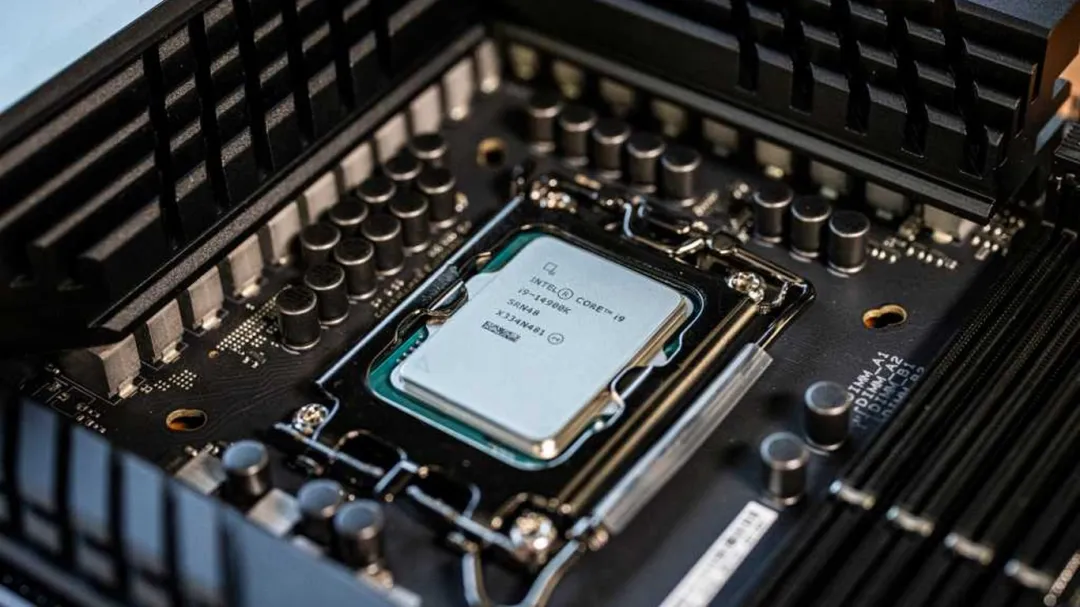Why Retro Gaming & Emulation Still Matter

In San Francisco, a city known for technological innovation, experts are drawing renewed attention to the importance of retro gaming and emulation far beyond casual gameplay on modern devices such as Android phones. Industry analysts assert that these practices function as critical mechanisms for preserving gaming history and maintaining cultural access to classic titles that would otherwise face obsolescence.
Dr. Emily Roberts, a media studies scholar at the University of California, explains, “Emulation acts as a bridge connecting past and present, providing a platform where discontinued hardware and software can survive.” She points out that retro gaming offers communities a chance to experience foundational gaming narratives in untouched form, while fueling creative modding and scholarly research.
Recent trends show growing engagement from developers who integrate emulated classics into indie releases, demonstrating how retro assets inspire innovation rather than merely recycling old content. Furthermore, preservationists emphasize the ethical imperative: ensuring that the cultural artifacts embedded in early gaming are not lost to digital decay or corporate gatekeeping.
Amid an era dominated by high-end consoles and rapid software turnover, retro gaming and emulation provide valuable insight into the evolution of interactive media. As Dr. Roberts concludes, “It is not just about playing games; it is about safeguarding an irreplaceable legacy that shapes how we understand technology and culture today.”






